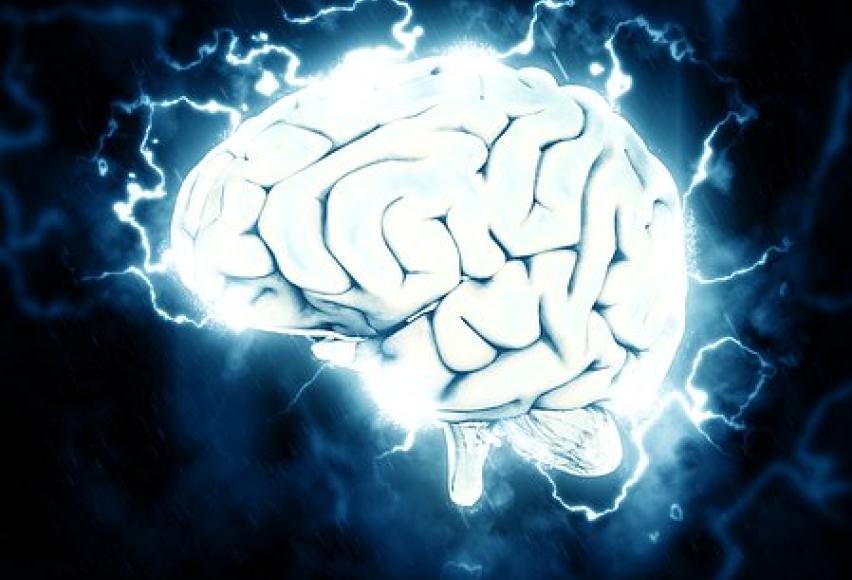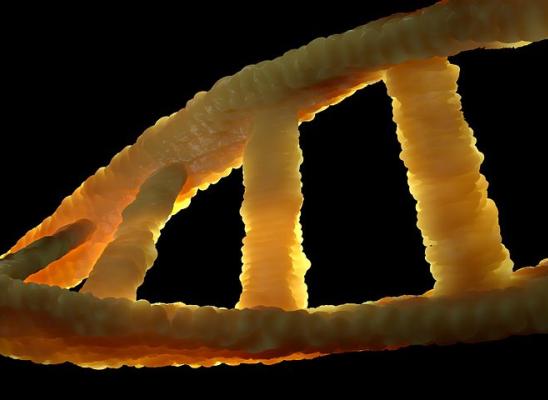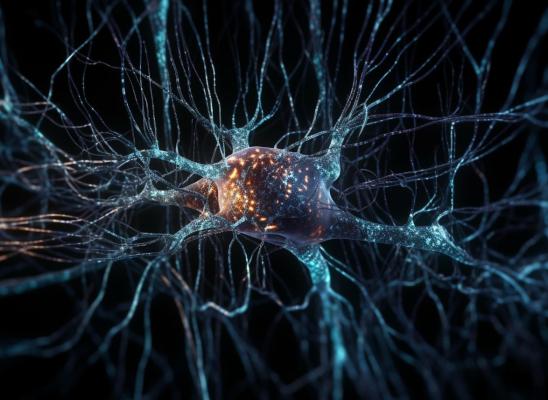How do Thyroid Hormones and Stress Influence Trichotillomania?

Online test
Find out the severity of your symptoms with this free online test
Thyroid hormones and stress work in tandem and may effect the severity of hair pulling behaviors in people who have trichotillomania. First, the thyroid gland and the adrenal glands work together. When someone experiences stress or the body experiences anything it perceives as stress, the adrenal glands release cortisol. Stress is unavoidable and in a healthy person who handles it well, the adrenals give the body a jolt of cortisol to boost it until the stress resolves. In response to the cortisol release, the thyroid glands slows down. Thyroid hormones manage multiple systems of the body and those systems slow down so the body can focus on the point of stress. We live in a stress-filled society therefore, the body’s response to stress is much more complicated. As cortisol levels go up and down, the thyroid attempts to compensate. The process works in reverse as well. When the thyroid malfunctions, the body perceives the imbalance as stress, starting the whole cycle again.
Four Types of Thyroid Malfunctions
Various health conditions and diseases can affect how the thyroid functions. There are four types of thyroid malfunctions. When the thyroid gland produces too much hormone, it is called hyperthyroidism. When it produces too little, or if the body cannot use the hormone, it is called hypothyroidism. The thyroid gland can also exhibit structural abnormalities where the gland itself is too small or too large or tumors grow on it. Not only do these malfunctions disrupt the regulation of body systems, but the homeostasis of the skin is adversely affected.
The skin’s homeostasis is important to trichotillomania because that is where hair follicles originate. There are multiple thyroid receptors throughout the skin including moisture levels and how hair should grow. When thyroid hormones become imbalanced through malfunctions or excess stress, the skin reacts. With too much hormone, the skin increases moisture, warmth, and smoothness, but when levels are too low, the skin turns yellow, cools, and dries out. Hair growing in the follicles are also affected in this manner.
Stress, Thyroid and Pulling
Some people are motivated by sensations in the skin that are relieved after pulling. Additionally, when anxiety or stress levels increase, pulling can be soothing. Research on body-focused repetitive behaviors like trich indicates that people with high levels of anxiety and stress experience more severe behaviors and those who report severe pulling behaviors also report increased anxiety. It is often difficult to determine which came first, the stress, the thyroid abnormalities, or the pulling behaviors, but there is evidence they are related and many treatment professionals work with clients to manage anxiety and stress while learning to manage pulling behaviors.

Additionally, the physical damage caused by pulling hair is interpreted by the body as a stressful event. When an injury occurs to the body, it reacts by releasing cortisol and thyroid hormone in an effort to heal the wound. Too much stress on the body causes an overload which slows the metabolism, reduces thyroid hormone production, and slowing wound healing. Physical damage also results in psychological side effects which cause stress. Compulsive hair pulling results in bald spots, changes in the patterns of regrow hair, as well as damaged skin which can be difficult to hide. The process of pulling, wanting to stop, combined with the inability to stop leads to feelings of shame, guilt, and embarrassment. The connection between thyroid hormones, stress, and compulsive hair pulling is complex, yet understanding the cycle can lead to more effective treatment. First, get thyroid levels checked. Second, learn to manage stress. Third, learn to manage compulsive behaviors. Addressing all three simultaneously will provide a foundation for recovery and well-being.
References
Grant, J. E. & Chamberlain, S. R. (2017). Clinical correlates of symptom severity in skin picking disorder. Comprehensive Psychiatry, 78, 25-30. https://www.ncbi.nlm.nih.gov/pubmed/28779593
Online test
Find out the severity of your symptoms with this free online test
Start your journey with TrichStop
Take control of your life and find freedom from hair pulling through professional therapy and evidence-based behavioral techniques.
Start Now



